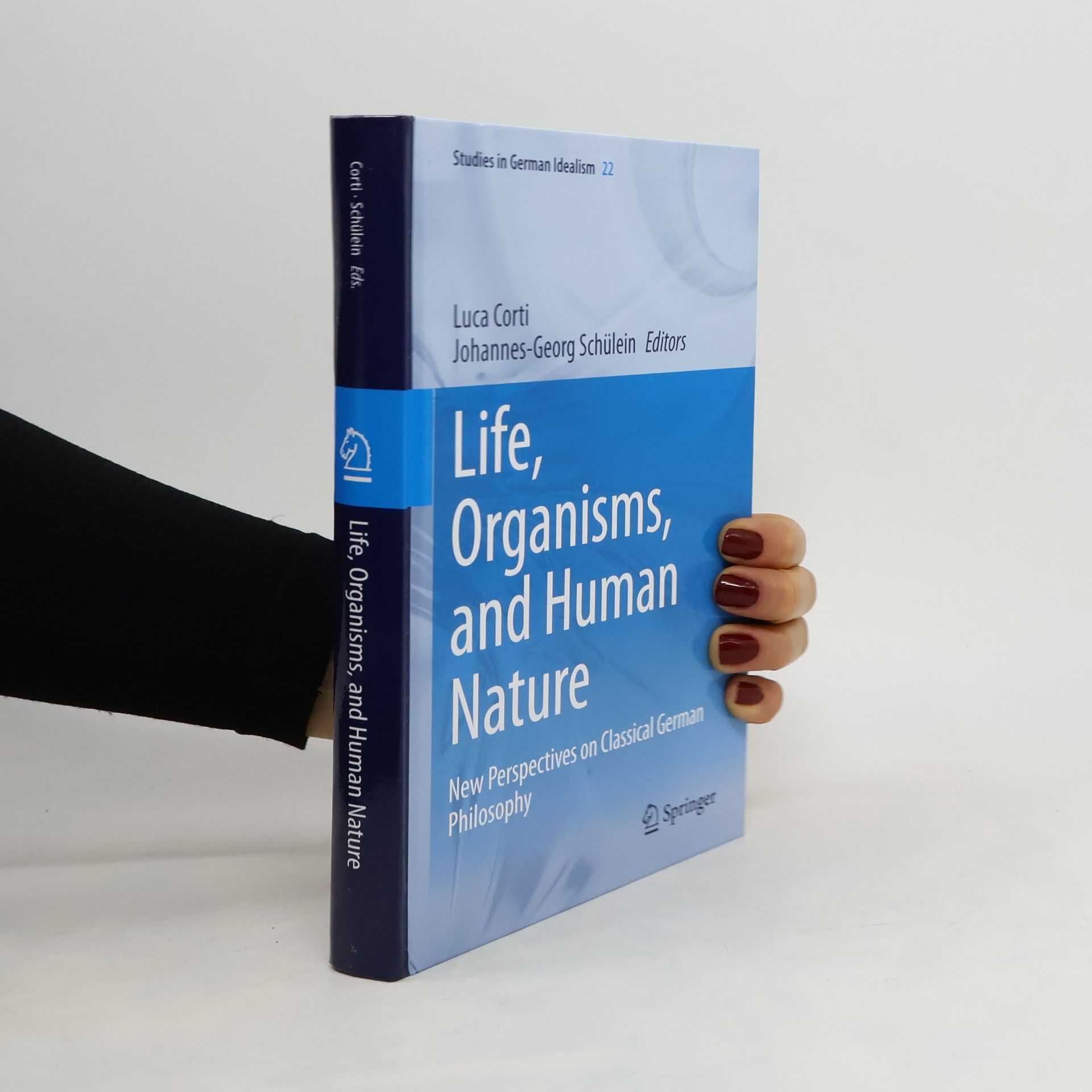Studies in German Idealism - 22: Life, Organisms, and Human Nature
New Perspectives on Classical German Philosophy
- 383 Seiten
- 14 Lesestunden
This collection of essays investigates the notions of life, living organisms, and human nature in Classical German Philosophy from a historical and conceptual perspective. Its 19 chapters move from the peculiarities of organic life to the peculiarities of the distinctly human life form and discuss the strengths and weaknesses of naturalistic accounts of life. In light of the growing interest in nature within current philosophical debates, the book provides an overview of what the philosophical epoch of Kant, Fichte, Schelling, Humboldt, the Romantics, Hegel, and others can contribute to our understanding of life today. The collection of essays represents a plurality of approaches that reflects the pluralism of the tradition itself – highlighting the liveliness and polyphonic nature of the issues at stake and the ways in which they were approached in post-Kantian thought.In combining historical and philosophical investigation, the collection constitutes a unique resource for scholars and graduate students working in various areas related to the study of nature in philosophy, contemporary theories of science, and the humanities more generally.
